Explaining EOR Services: A Guide for Employers
Explaining EOR Services can be daunting for you as a business. However, it can also be a daunting, unknown experience for your employees. For example, employees can wonder, why are you using an EOR, who will be their employer, will they be treated differently than other employees and how does this affect their employment rights? Here, we run through these key questions to help you effectively communicate EOR services and therefore reassure your employees.
Explaining EOR services to your employees
What is an Employer of Record (EOR)?
First things first, it’s crucial that you explain what an EOR is to your employee. While some may be familiar with a PEO or EOR, for others, having this jargon thrown at them at the start of a new job can feel alienating and confusing. Put simply, an Employer of Record manages the employment of a company’s international hires to support said company’s global expansion and help them to compliantly employ the top talent, regardless of where they are located. All aspects of this service are taken care of by the EOR and business in question, with minimal impact on the employee.
Why are you using an EOR?
Of course, there can be many different reasons why you would use an Employer of Record, however, primarily we see businesses turning to an EOR so they don’t have to set up a legal entity in their chosen country of expansion. This aids speed to market and also cuts down administration costs and resources. Communicating this to your new international employee ensures transparency from the start of their employment with you. Meanwhile, many companies opt to work with an EOR, sometimes known as a PEO, to ensure compliance with employment laws, visas and tax protocols. Explaining this to your employees can help them feel reassured from a compliance perspective, but also that their recruitment and onboarding has been invested in, therefore making them feel valued.
Who is my employer?
An Employer of Record is a third-party organisation who serves as the legal employer of an international employee or workforce. This means that an EOR will take charge of things like taxes, payroll, employment contracts and complying with employment laws. However, when it comes to day-to-day management of an employee, this is done entirely by the hiring company. Therefore, from an employee perspective, nothing will differ from standard employment. That means employee’s report directly to the company and any resignations or terminations are dealt with between company and employee. Whereas from a legal perspective, the employer will be listed as a third-party EOR. It is important to communicate this with your employee so that there is full transparency and understanding around their employment.
Will I be treated differently to standard employees?
The answer to this should be no. Being employed via an Employer of Record should not result in any difference in treatment compared to regular employees. It is critical that an employee knows they will still be a fully-integrated and valued member of the team despite being legally employed by a PEO or EOR. By effectively communicating what an EOR is and why you have chosen to employ them via this model from the offset, you can ensure that an employee knows this and does not feel ostracised by their international employment. Meanwhile, this clear communication should continue throughout an employee’s lifecycle, a point that is true whether an employee is hired via your own entity or an EOR.
Who is my EOR?
As an EOR will be an employee’s legal employer and responsible for their payroll, employment contract and potential work visas, it is understandable that they may wish to know some more information about the third party organisation. Let your new employee know who your PEO is, why you chose them and how they will be supporting both you and them. You could even choose to share case studies or testimonials so your employer knows their onboarding and management is in safe, capable and compliant hands. Sharing this at the interview or offer stage can position you as an honest employer with your prospective employee and ensure an open working relationship from the outset. This final point cements why it is so important to work with an Employer of Record that you trust and has a history of delivering an excellent service for clients on a global scale. At Leap29, we are a leading EOR company helping businesses in construction, technology, pharmaceuticals and more to overcome foreign employment laws and potential risk of non-compliance to grow a successful business internationally. To find out more about our EOR services and how we can ensure you and your employees feel reassured in the service we provide, contact our expert team today.





